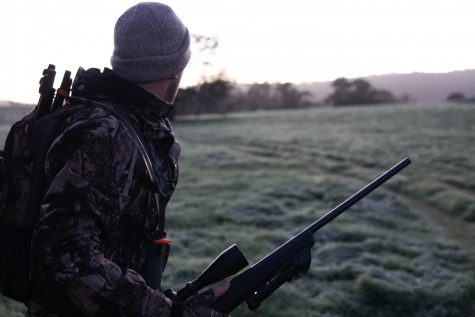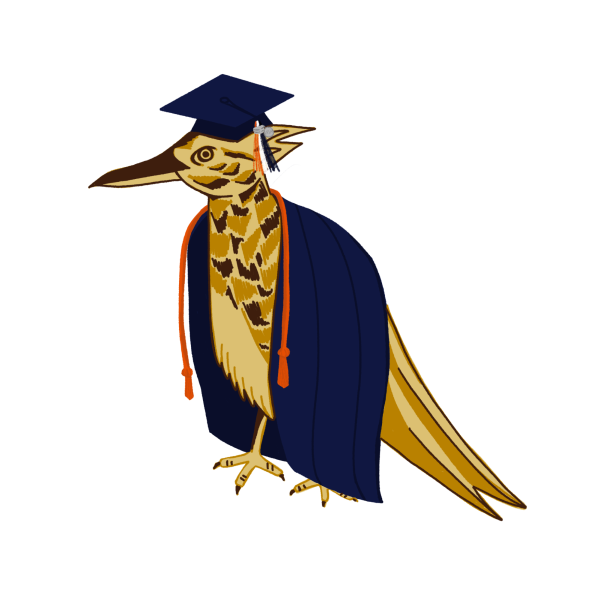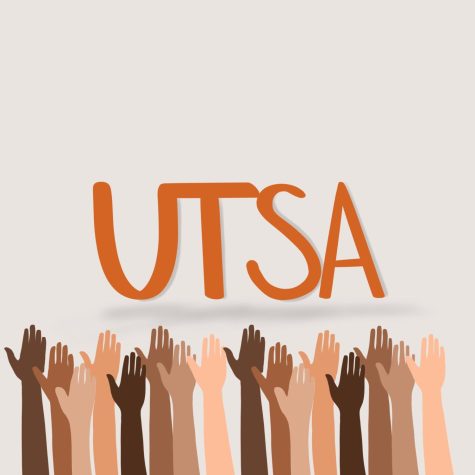We can’t have conservation in Texas without hunting
October 2, 2020
For centuries, Americans have indulged in the luxury of recreational outdoor activities, from sporting events to camping, hunting, and fishing. Mother Nature has not only provided us with an abundance of diversions, but has also allowed us to create cherished family memories.
While it is safe to assume that conservation of our ecosystem should be met with no opposition, misinformed and inaccurate claims suggest hunting is destructive to the environment. In-season hunting offers a variety of multifaceted benefits: saving crops, providing affordable, nutritious meals, spurring charity investment, reducing invasive species populations, reducing property damage, funding conservation efforts, and stimulating local economies that keep small business owners afloat.

As an example, Córdoba, Argentina attracts hunters year-round that pay for unique, high-volume dove hunting expeditions. Readers might assume that these hunts contribute to the systematic extinction of these birds, harming the ecosystem, but in fact, the opposite is true. Córdoban doves are around 50 million in population, they don’t migrate, and they reproduce four times a year. They consume 30% of vital grain, contributing to food shortages and economic downturn. Dove hunting in Córdoba alleviates this problem by allowing hunters to pay for hunting expeditions which promotes tourism while simultaneously protecting crop yields. Additionally, a portion of the profits and the doves are donated to local charity kitchens to provide vital, protein-rich food to local citizens in need.
Here in Texas, approximately 1.5 million feral hogs, approximately half the U.S. feral hog population, roam. These hogs are an invasive species, responsible for threatening wildlife and destroying crops to the tune of $400 million annually in Texas alone. They routinely kill and consume calves, lambs, deer, quail, and endangered sea turtle eggs. Coupled with the fact that they spread disease uncontrollably and wreak havoc upon the local ecosystem, it seems obvious that hog hunting should not only be allowed, but encouraged.
In addition to responsible wildlife management and charitable acts, hunters provide extensive funding for the advancement of conservation efforts through the Pittman-Robertson Act. This policy distributes revenue from an excise tax on ammunition, firearms, and other related hunting gear to state wildlife agencies for the purposes of conservation and educational efforts. Since its enactment in 1937, the Pittman-Robertson Act has generated more than $14 billion.
Sportsmen not only care about conservation, but about climate change too. In fact, Trout Unlimited has been an outspoken proponent for climate action in recent years. We should listen to those on the ground when considering conservation and climate policies at the highest levels. Sportsmen know natural places well and are perhaps best suited to protect and restore them.
Aside from funding conservation efforts and advocating for action, hunting also stimulates local economies through the purchases of various goods and services often associated with hunting in rural areas of the United States. Purchases support local institutions all over the country. For the Americans living amongst rural landscapes tucked away from the bustling inner cities, these hunters provide a valuable and irreplaceable income that keeps food on their tables.
All things considered, the notion that hunting is inherently immoral or destructive to local wildlife is simply untrue. Considering the points previously exhibited, nothing could be further from the truth. When analyzed from a normative standpoint, hunting is undoubtedly a productive and constructive activity that generates advancements and improvements for both humanity and wildlife.
Adrian Arevalo is from Helotes, Texas and is currently pursuing a double major in Business Management and Commercial Real Estate Finance at The University of Texas at San Antonio. He is an avid outdoorsman and passionate activist with the American Conservation Coalition (ACC).











Mackenzie Ramirez • Oct 5, 2020 at 9:28 am
Extremely articulate author. These issues need to be brought to the public eye without all the misinformation. Bravo.